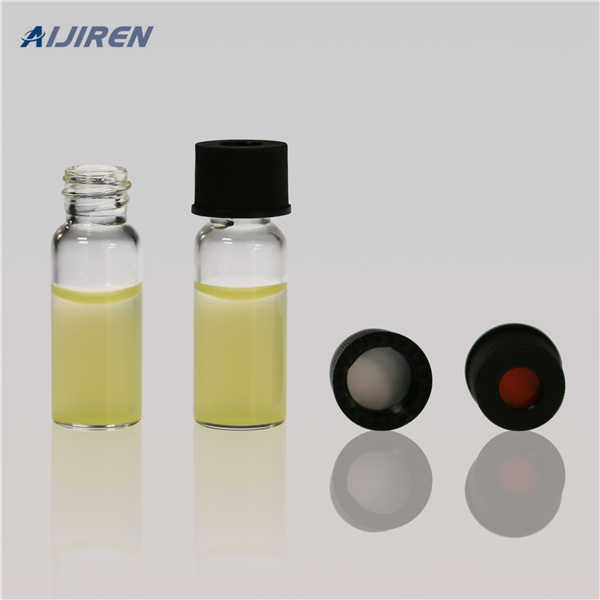
Jun 30, 2022 · Use filter tips to stop any aerosol transfer from the sample into the pipette body and again to the next sample. Alternatively, apply filters to the pipette tip cones. Image Credit: Sartorius
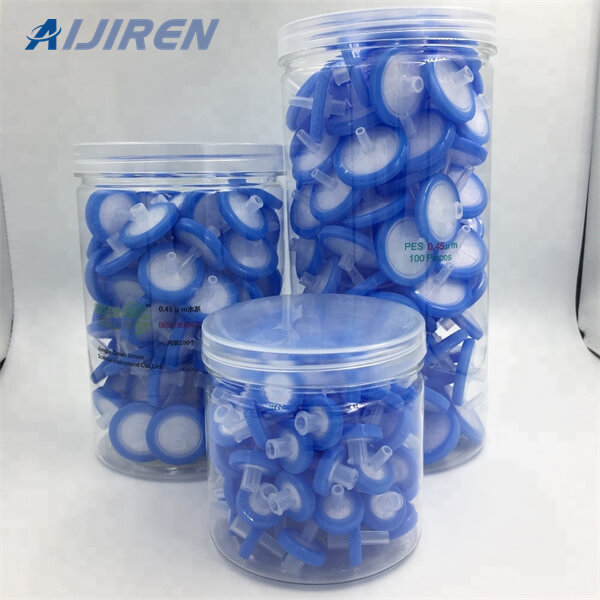
Mar 6, 2020 · About eight years ago, a new automation approach and flow technique called “Lab-In-Syringe” was proposed. It was derived from previous flow techniques, all based on handling reagent and sample solutions in a flow manifold. To date Lab-In-Syringe has evidently gained the interest of researchers in many countries, with new modifications, operation modes, and technical improvements still
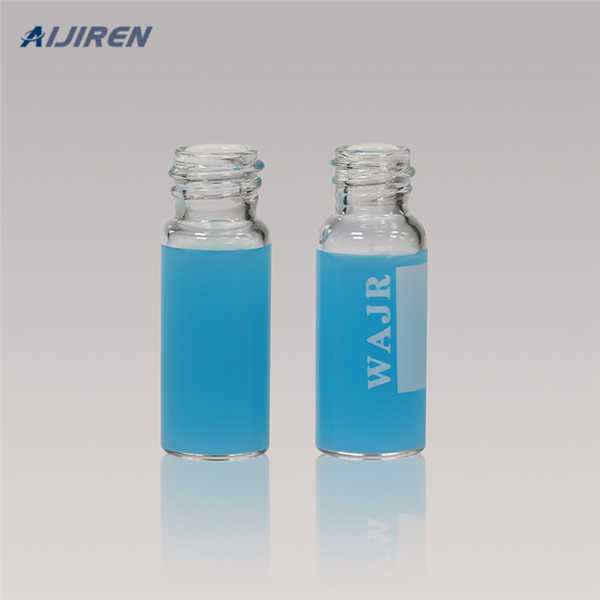
Anotop™ syringe filters Puradisc™ syringe filters Difficult filtration For use with high-particulate and viscous samples, these syringe filters contain two or more filter layers to allow efficient filtration without blockage for a cost-effective and efficient solution. Anotop™ Plus syringe filters Whatman GD/X™ syringe filters GD/XP
.jpg)
Jan 1, 2009 · The variety of filter options available as a protective measure in analytical sample testing are enormous. In this article, Larry Scheer of Pall Life Sciences looks at the use of syringe filters, including those used in HPLC and dissolution testing. Filtration is increasingly used as a protective measure in analytical sample preparation.
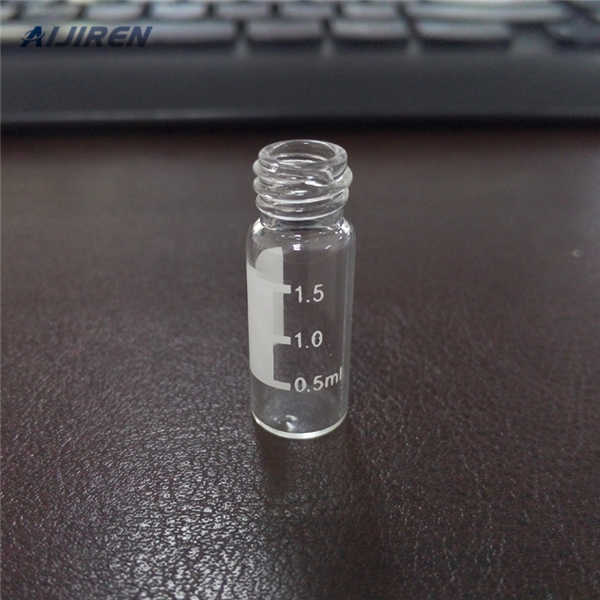
Sep 29, 2018 · Keeping the environment as clean as possible is always important in preventing infections. However, some situations call for aseptic technique while others call for clean techniques.
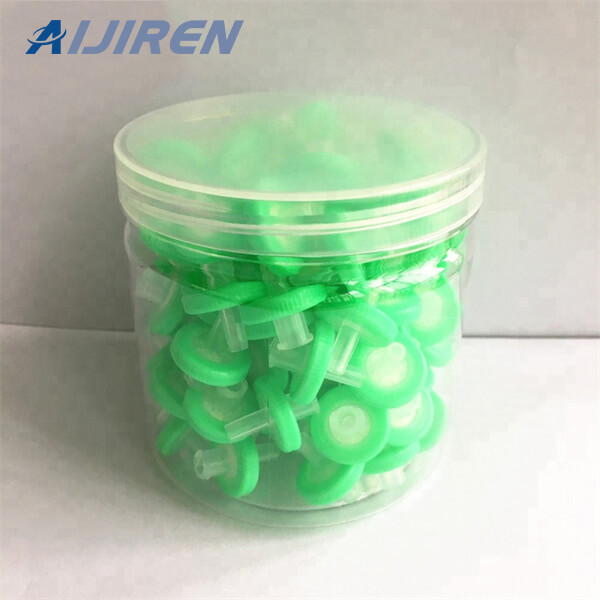
Oct 17, 2022 · The biggest advantage to using a filter vial is that the sample is always contained, and the filtration is a single step that doesn’t require transfer to a vial for analysis. Syringe filters are
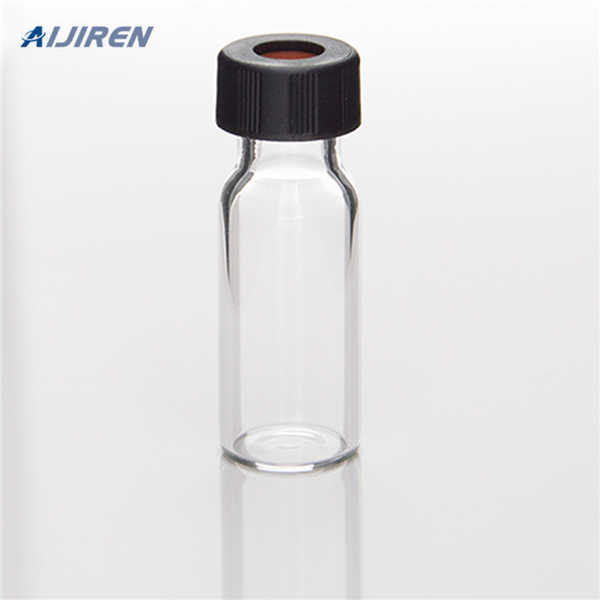
Typical applications are clarification, sterile filtration, sample preparation and sterile venting.Syringe filters are attached to the end of a syringe to remove particles from a sample prior to analysis. Filtering liquids, the single-use devices force liquids through the filter either when fluids are initially drawn or delivered. Circular shaped in diameters that fit common syringe sizes, the
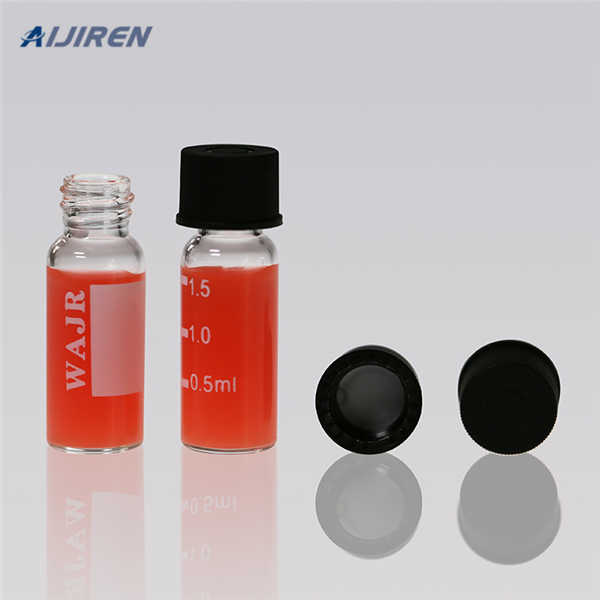
testing is the syringe filter. These are available with a wide range of membranes, pore sizes, and filter sizes. Depending on the design, syringe filters may be compatible with automated filtration systems. The main disadvantage of syringe filters is that the filtration process is manual and needs to be done one at a time, which can be challenging
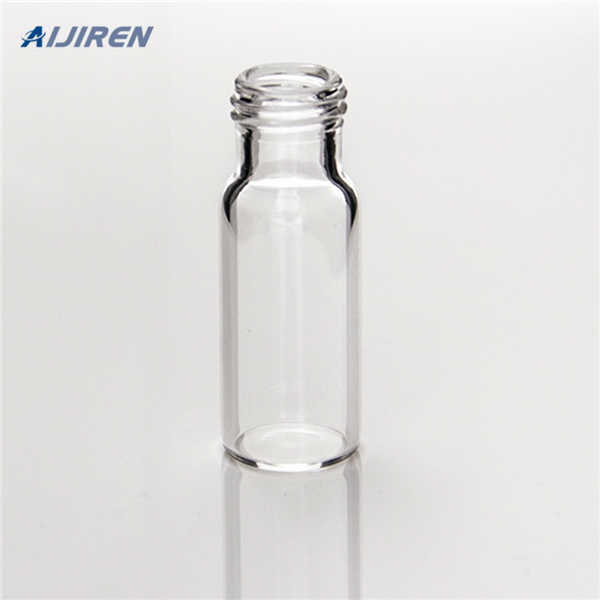
Dec 28, 2022 · To use a PTFE syringe filter, first, select the appropriate pore size for your liquid. Next, attach the filter to the end of a syringe. Then, draw the liquid through the filter. Finally, remove the filter and dispose of it properly. chromatography columns will last longer if the pore size of the chromatography membrane is 0.45-0.4 micrometer.
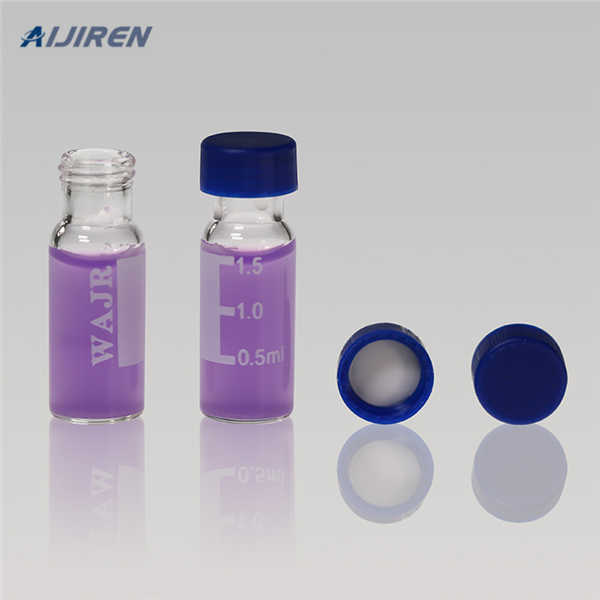
Product Selection. Titan Syringe Filters. Titan3 Syringe Filters provide cleaner sample extracts by removing interfering materials and fine particles. Learn more on these solutions at VWR.
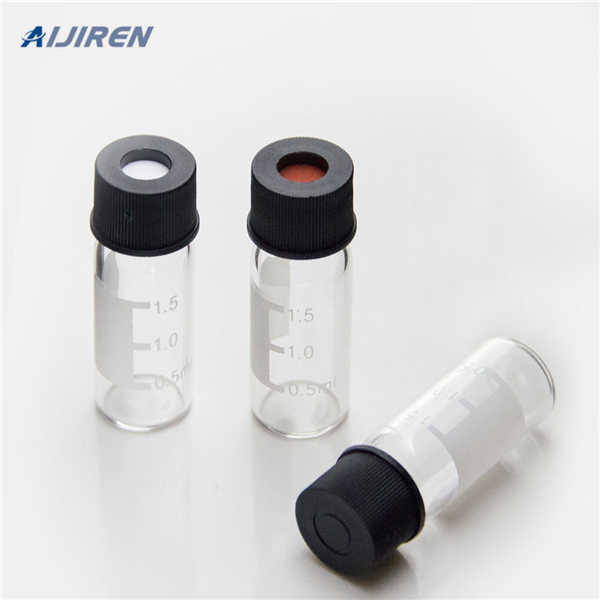
Syringe Filters. Syringe filters are single-use, membrane-based devices used for the removal of particulate impurities from liquid and gas samples prior to analysis by methods such as HPLC, ion chromatography, gas chromatography, ICP, and dissolution testing. Proper filtration of samples improves the quality and consistency of analytical
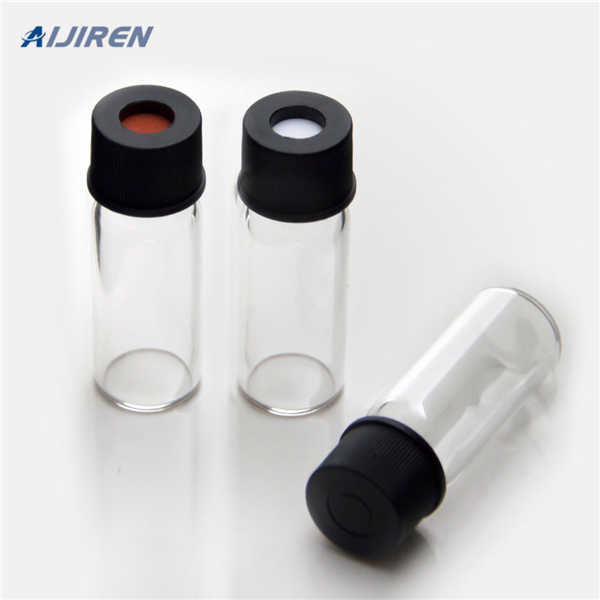
Oct 9, 2016 · Most recent answer. It very much depends on the type of samples, the acid concentration and the purpose of analysis, i.e. your analyte. Filter clogging with clay may be circumvented, or at least

Oct 5, 2016 · Filters are an efficient and cost effective way to keep dirt, dust, bacteria, viruses and other small particulates out. The variety of applications are endless, and hundreds of product manufacturers employ filtration to keep things clean: from medication, to automobiles, to even your home. Within the life sciences, it is often critical for
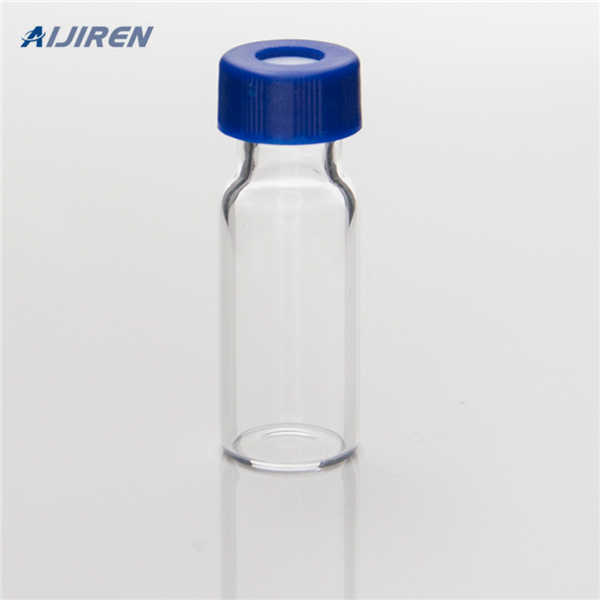
Millex ® syringe filter devices and cut disc membrane filters appropriate for PFAS testing-related sample preparation and mobile phase filtration. Recommendations are based on testing water samples using modified EPA537.1 and methanol samples with modified EPA 1633.
.jpg)
A syringe should be flushed with approximately 5-10 times its total capacity to eliminate carryover between samples. This is achieved by repeatedly drawing and expelling solvent/sample from the syringe. To avoid contaminating the sample, the first 2-3 washes should be discarded to waste. Appropriate solvents are those that dissolve the